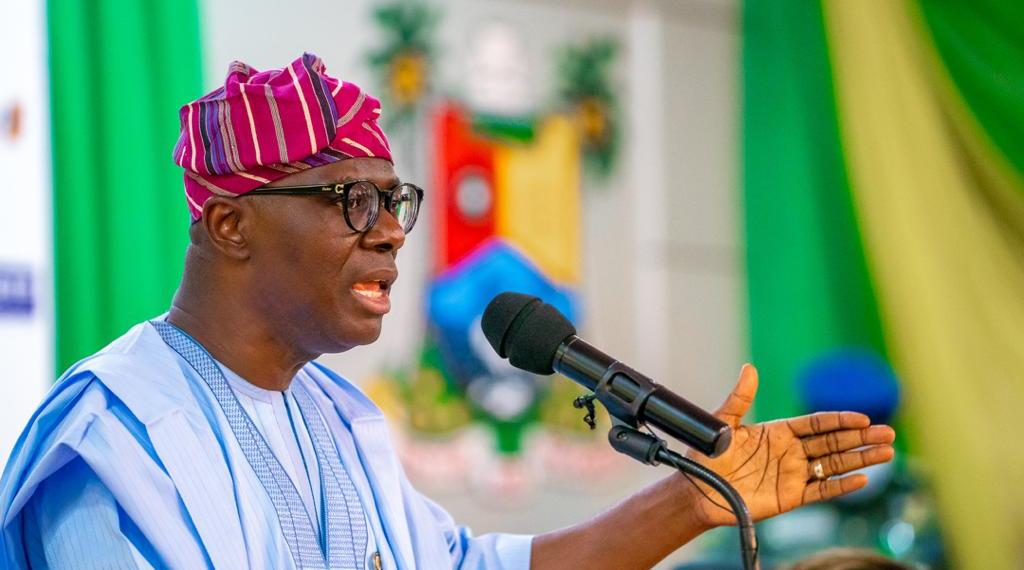- Governor Sanwo-Olu criticizes federal government for including Lagos in court action over LG autonomy, citing state’s compliance
- Sanwo-Olu supports suit but suggests targeting only non-compliant states, underscores importance of judicial reform for justice administration improvement
Governor Babajide Sanwo-Olu of Lagos State has criticized the federal government for dragging the state to court alongside 35 other states over Local Government (LG) autonomy. Sanwo-Olu emphasized that Lagos State already fully complies with LG autonomy and should not be part of the legal action.
The federal government filed a suit at the Supreme Court against all 36 state governors, seeking to prevent the arbitrary dissolution of democratically elected local government leaders. However, Sanwo-Olu argued that including Lagos in the lawsuit was a legal error since the state’s local governments have been enjoying autonomy for decades.
Speaking at the ongoing Justice Reform Summit organized by the Lagos State Judiciary, Sanwo-Olu supported the suit but highlighted that the Attorney General of the Federation should have identified non-compliant states before initiating legal proceedings. He suggested that only states violating autonomy should be sued rather than all 36 states collectively.
He said: “It is interesting to read that the Honorable Minister of Justice and Attorney General of the Federation has sued all the 36 states because Governors did not give autonomy to the third tier of government. The only mistake I am going to tell our Attorney General is that some of us are in compliance.
“The Attorney General should have done his due diligence to identify which states are not compliant, so we don’t sue all the 36 states together. You can determine which states are not violating the Constitution. If it is three, four or five states that comply, then you can sue the 31 states for violating the autonomy of the local governments. That is part of the back work that we need to do.”
Drawing a parallel with Singapore, a fishing village with environmental similarities with Lagos, Sanwo-Olu said Singapore’s faith in the rule of law and fairness transformed the efficiency of the country’s justice system, leading to its rapid economic growth and prosperity.
He said: “Just like Lagos, Singapore has no resources. Singapore is what it is today because of the Ease of Doing Business. Registering a business in Singapore takes less than 30 minutes, surpassing many countries in ease of doing business. Singapore has one of the best judiciary systems in the world; they have quick turnaround time in mediation and dispute resolution.”
Representatives of the Chief Justice of Nigeria (CJN) and the Attorney General of the Federation acknowledged the strides made by the Lagos judiciary in promoting justice development. They pledged continued support for reforms to enhance public trust in the judiciary and foster economic growth.
